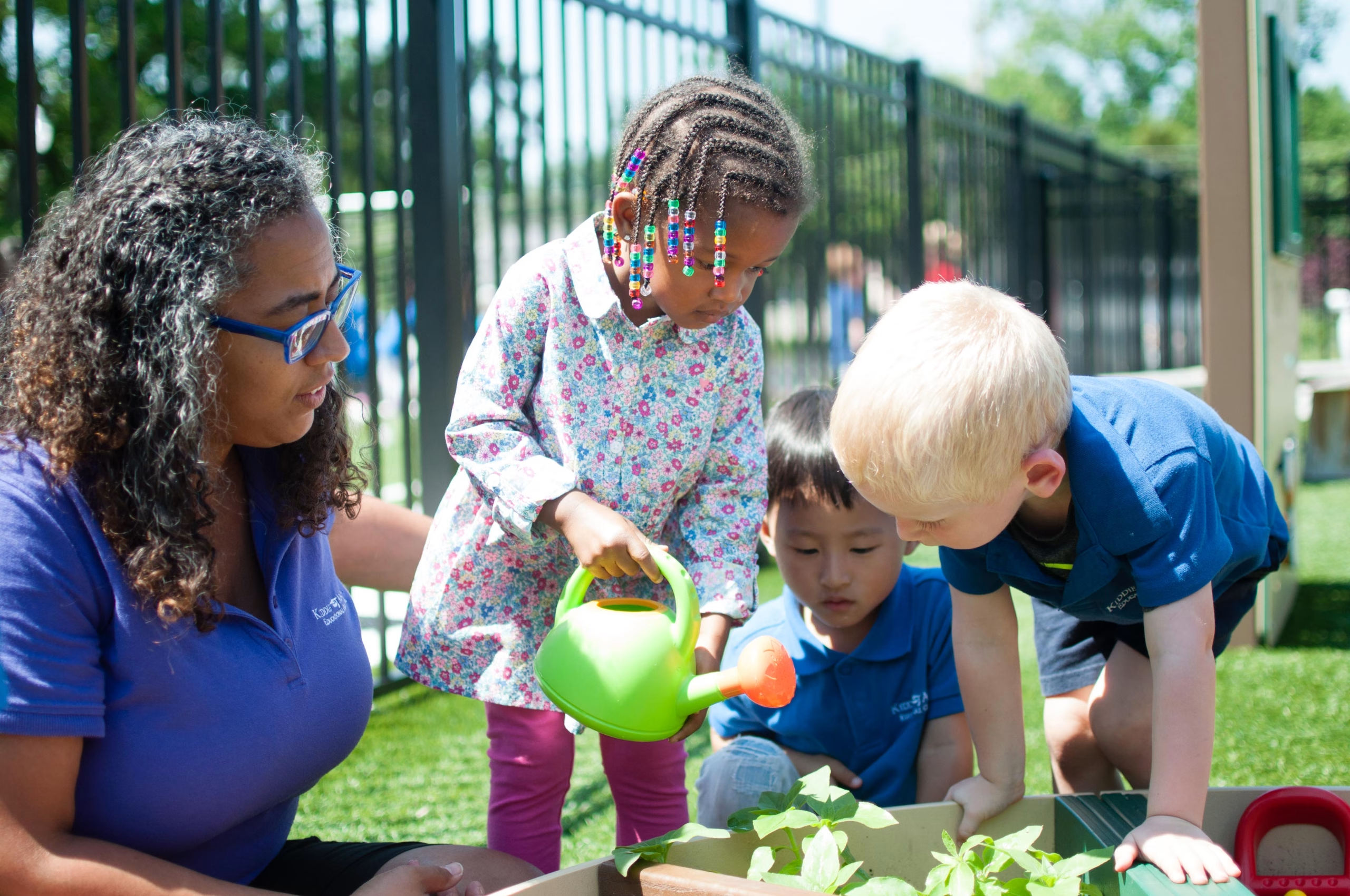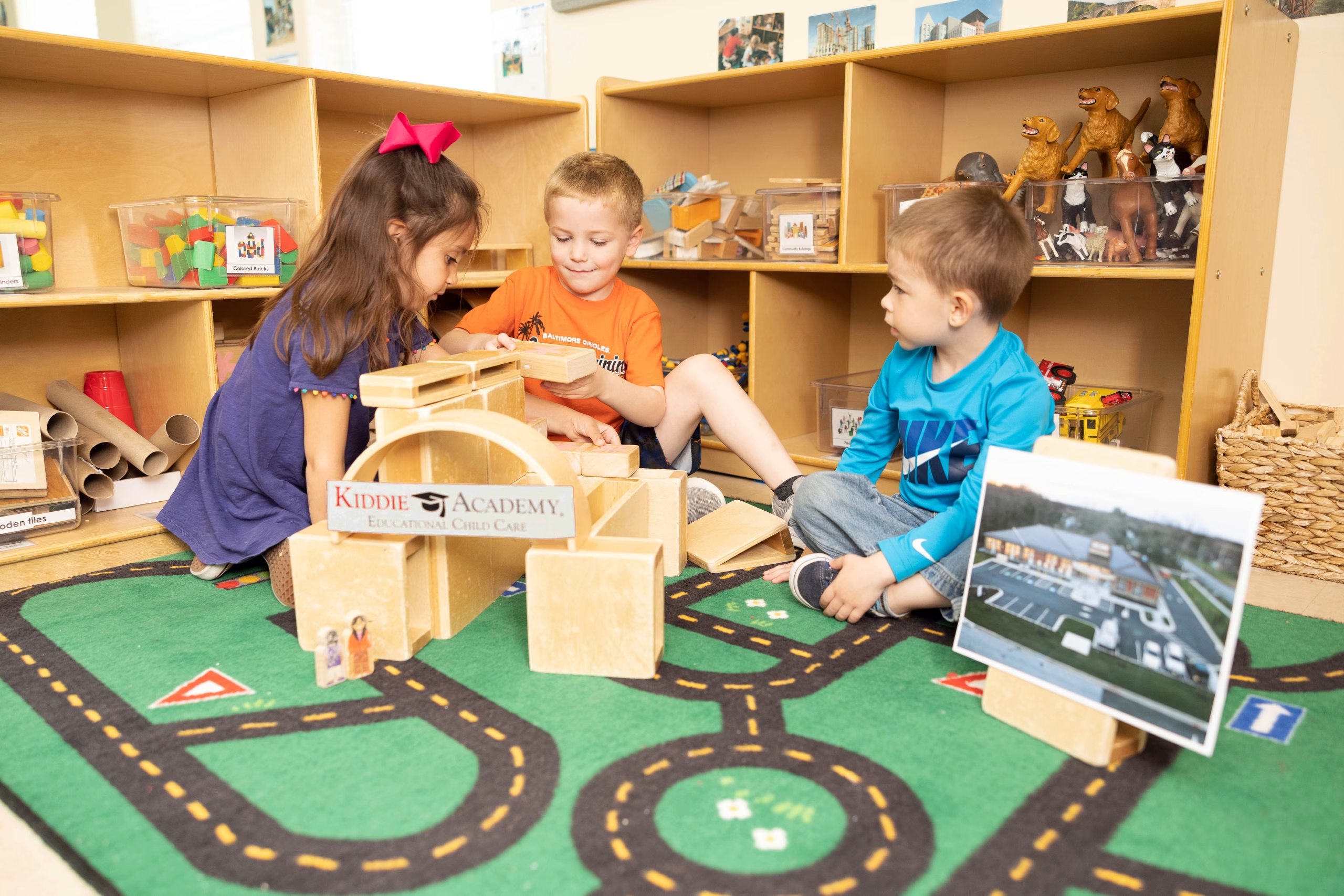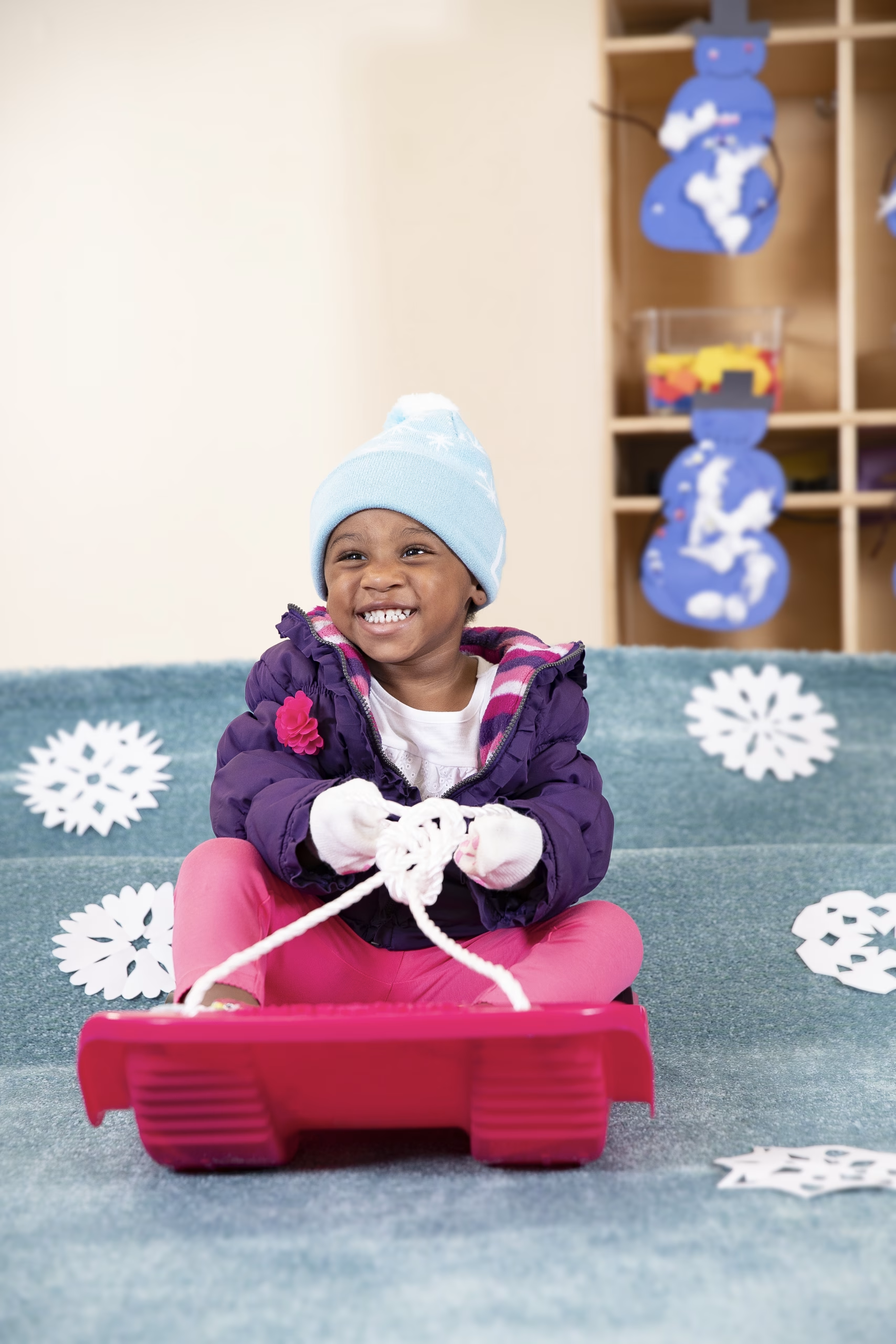
From the time your child wakes up until the time they go to sleep at night, there are countless opportunities for learning and growing. In classrooms across the U.S., Kiddie Academy teachers are making a positive difference in the lives of children, helping educate and inspire the next generation of Amazing kids by introducing monthly character concepts. Throughout April, Kiddie Academy’s character education program focused on the value of appreciation through discussions of what appreciation means.
Teaching appreciation may seem simple. After all, you can teach even a very young child to say “thank you.” But because children are naturally ego-centric, the concept of appreciation can be somewhat difficult for young children to grasp. There are, however, a lot of things we as parents can do to plant the seeds of appreciation.
Here are ways you can practice appreciation at home.
Model it.
Whether or not we realize it, our children get their cues on how to behave from us. And every day, we have countless opportunities to show our appreciation—to the cashier at the grocery store, the crossing guard, the kind soul who lets us slide our car in front of his in traffic. When we consistently model gestures of appreciation for our children, we increase the chance of raising kids who are polite and appreciative themselves.
Point out all the things we have to appreciate.
From our family to our neighborhood to the whole planet, we have a lot to appreciate. Start small with your children by pointing out how lucky we are to be part of a family. Ask your children what they like about your family—what things they enjoy doing as a family, and what they appreciate about individual members in your family. From there, fan out and talk about what sort of things you have to appreciate in your community, and on the whole planet.
Let your children know how much you appreciate them.
Telling your children that you appreciate them brings the concept of appreciation into focus for them. Demonstrating your appreciation for your child is most effective when you tell her immediately, and when you’re very specific about what you appreciate. For example, “I like how you put your plate in the sink after lunch without me asking” resonates more than a simple “thank you.”
Keep reminding your children to say thank you.
It gets tiresome to remind our children to say “thank you” after they’ve had a play-date, when they receive a gift from someone, even when you get them a drink of water. But the payoff is worth it. There is no greater reward than when you hear your child say “thank you” for the first time without having to nudge them to do so. Then, you realize, your consistent reminders were well worth it.





